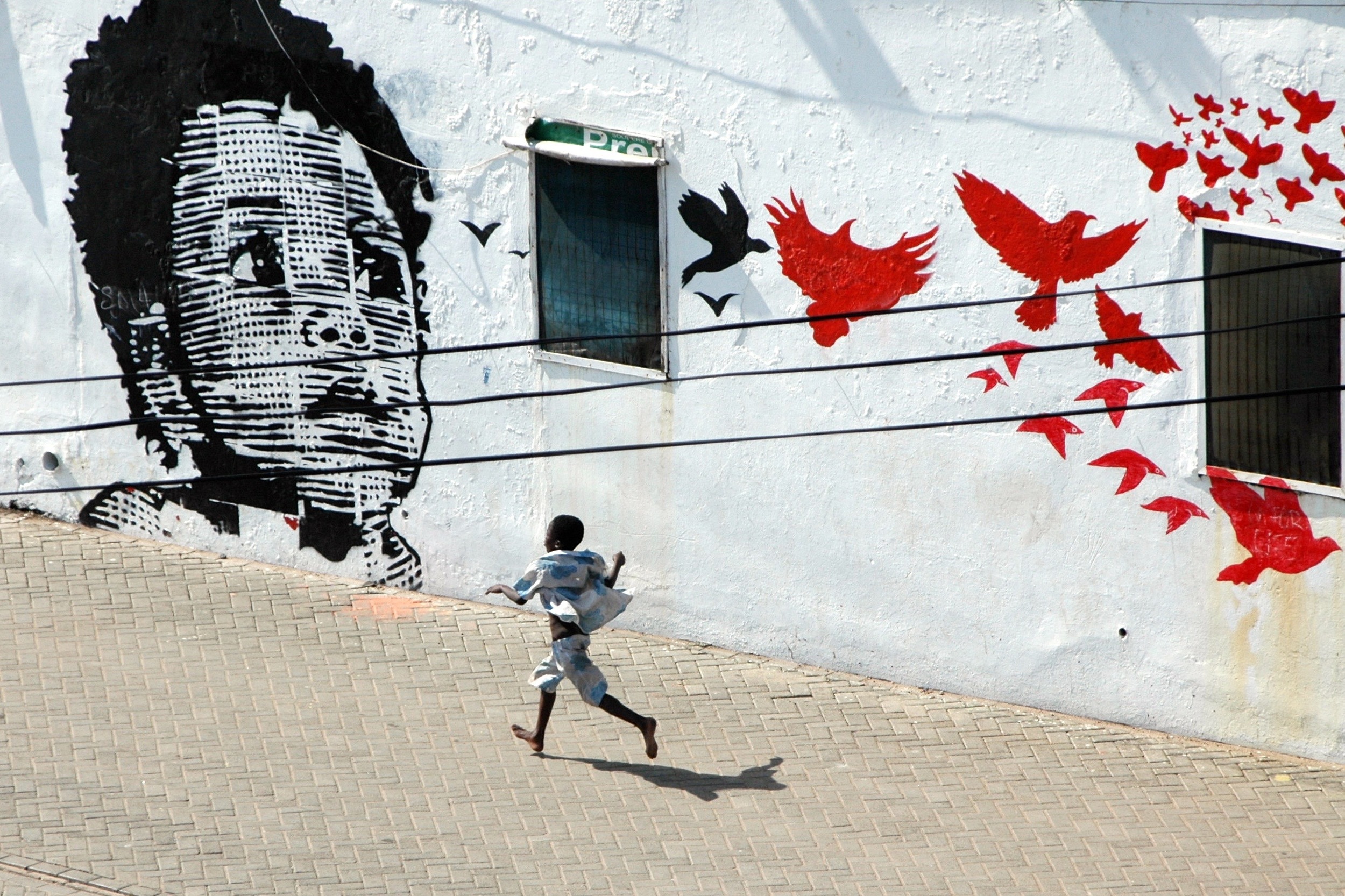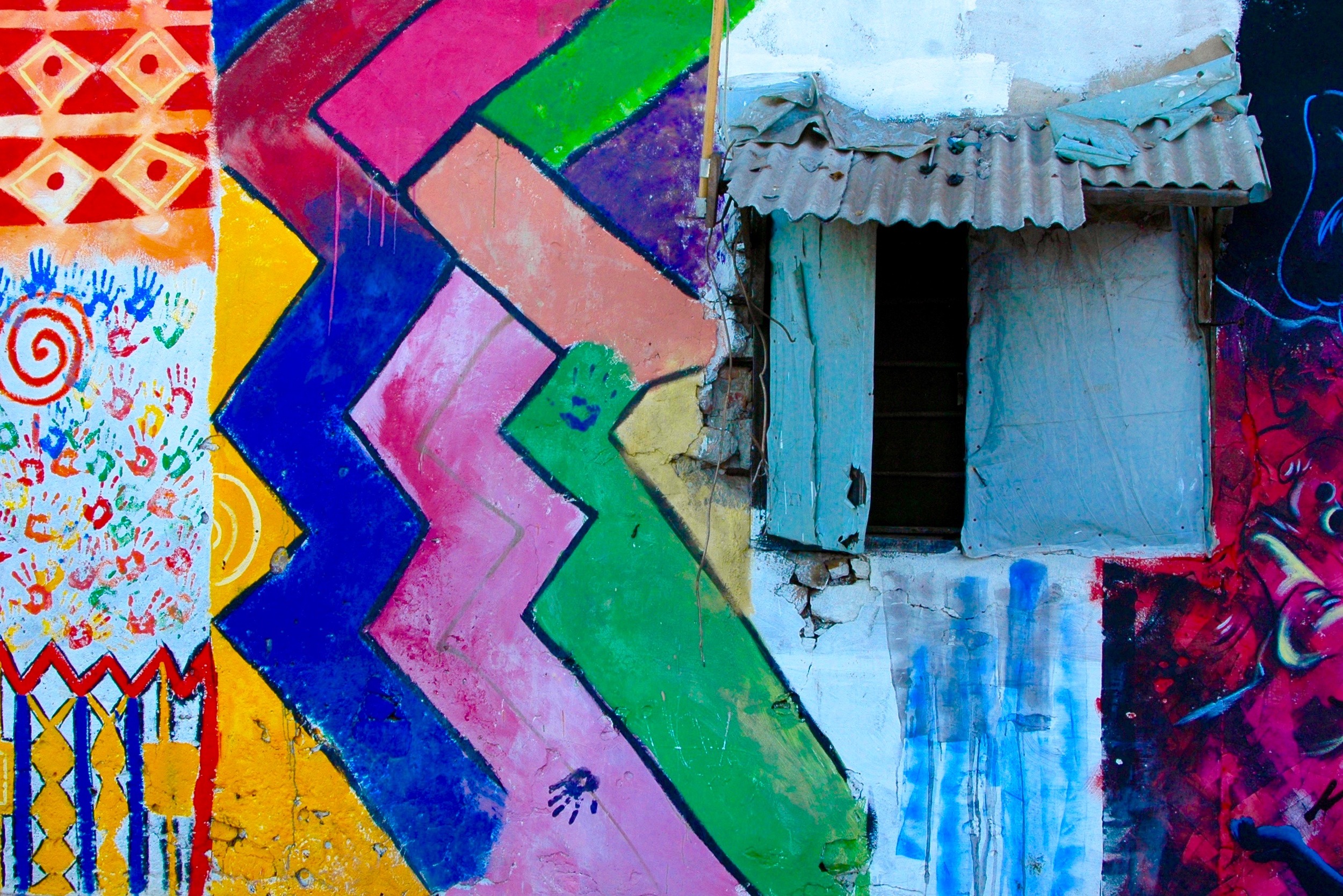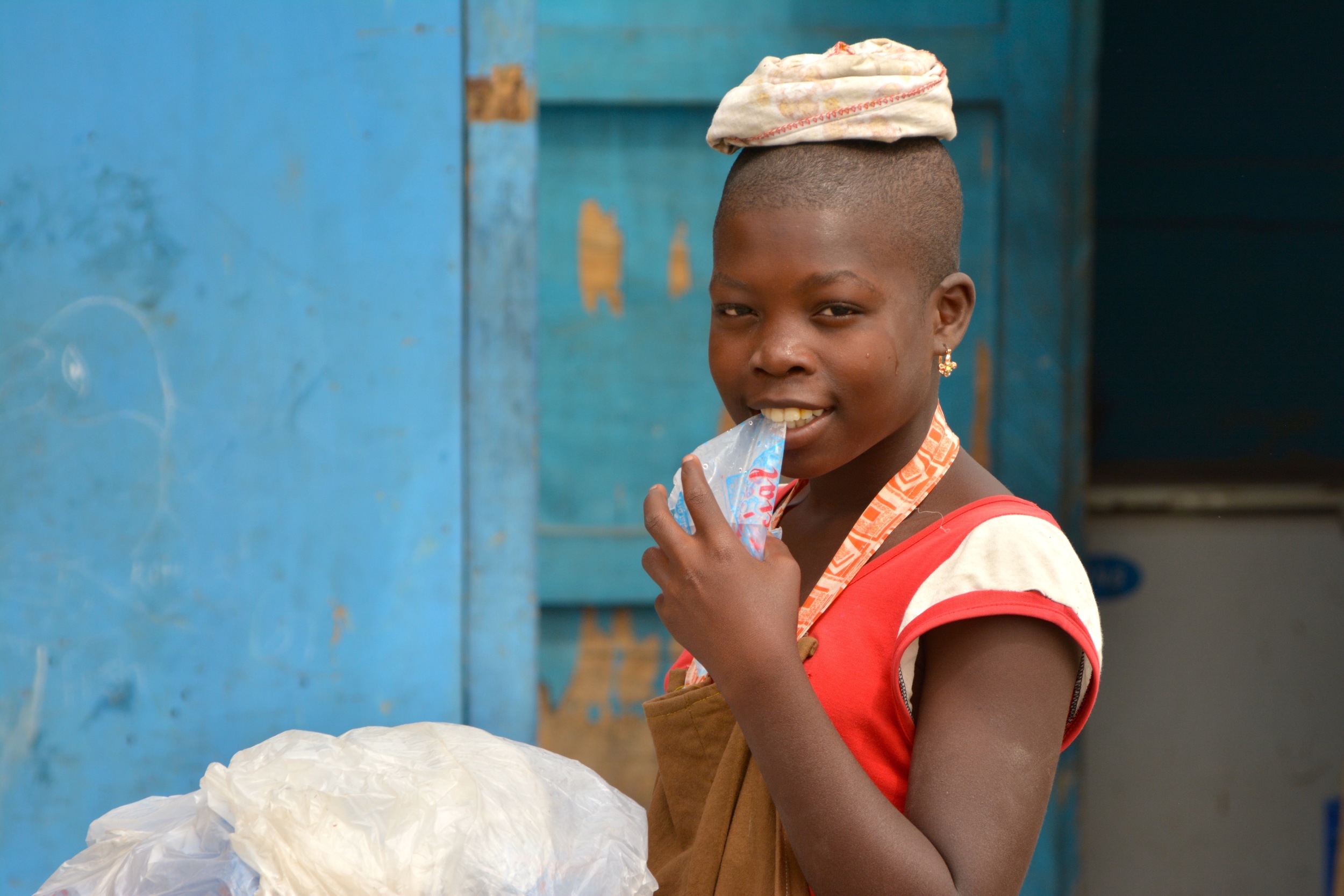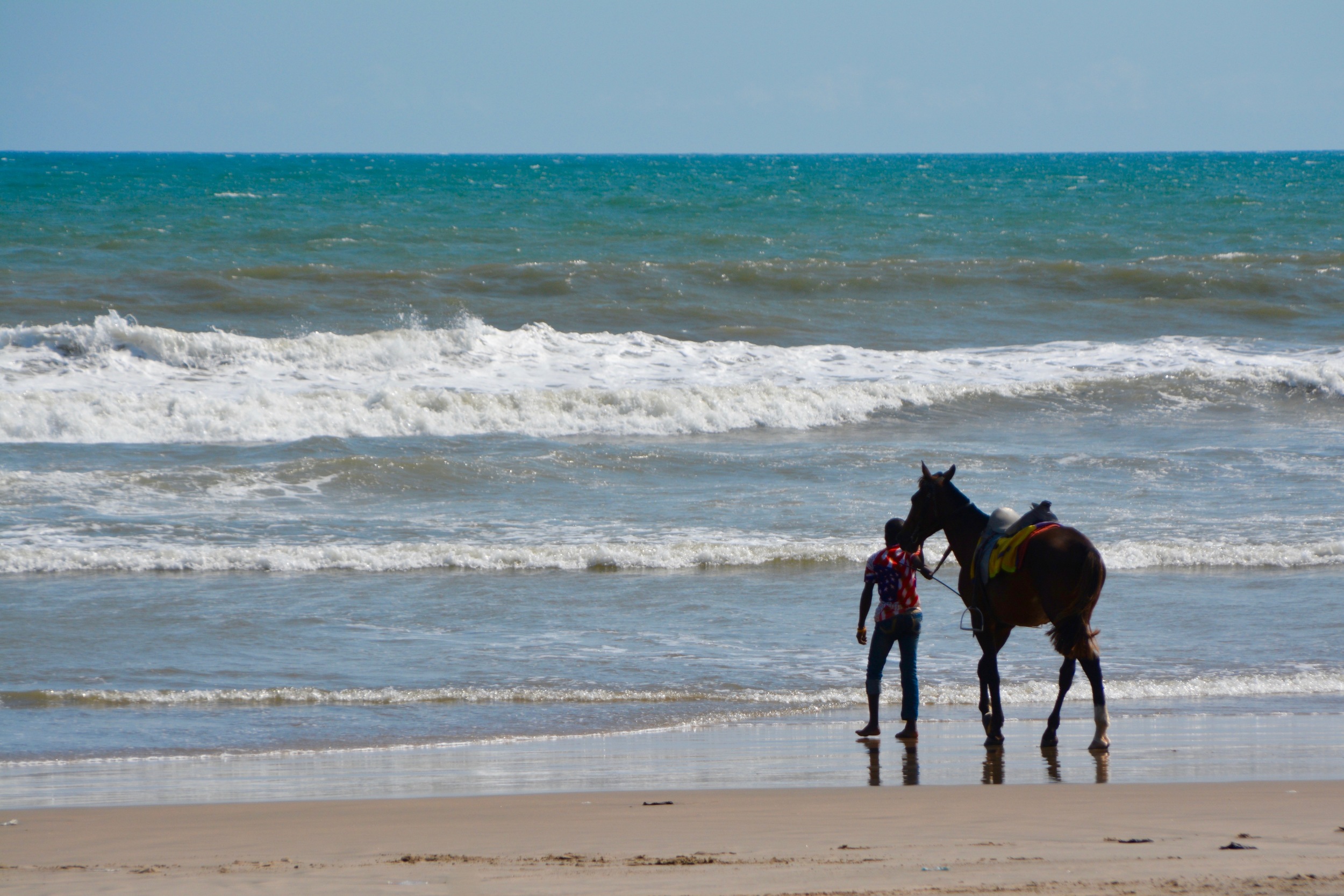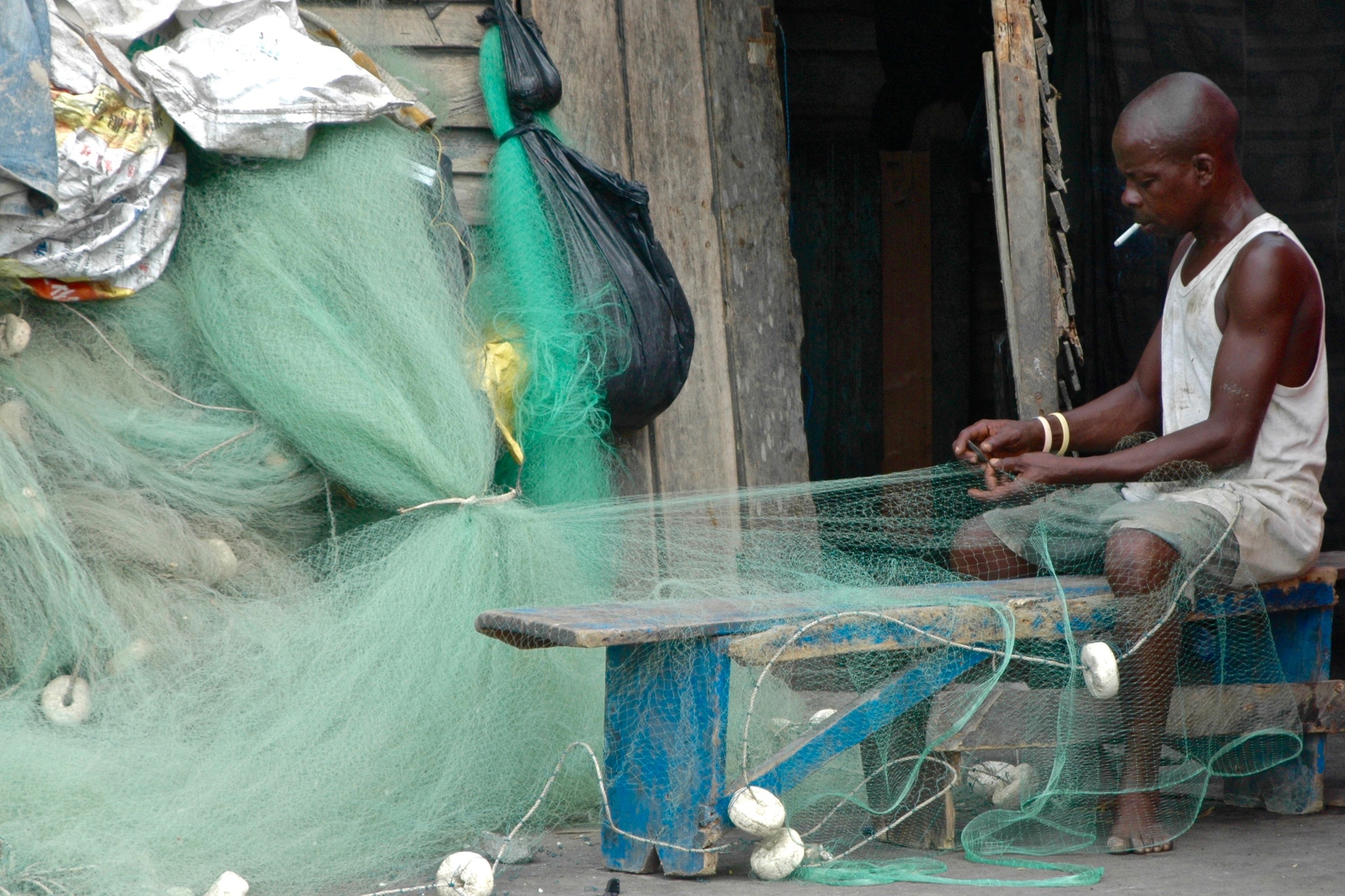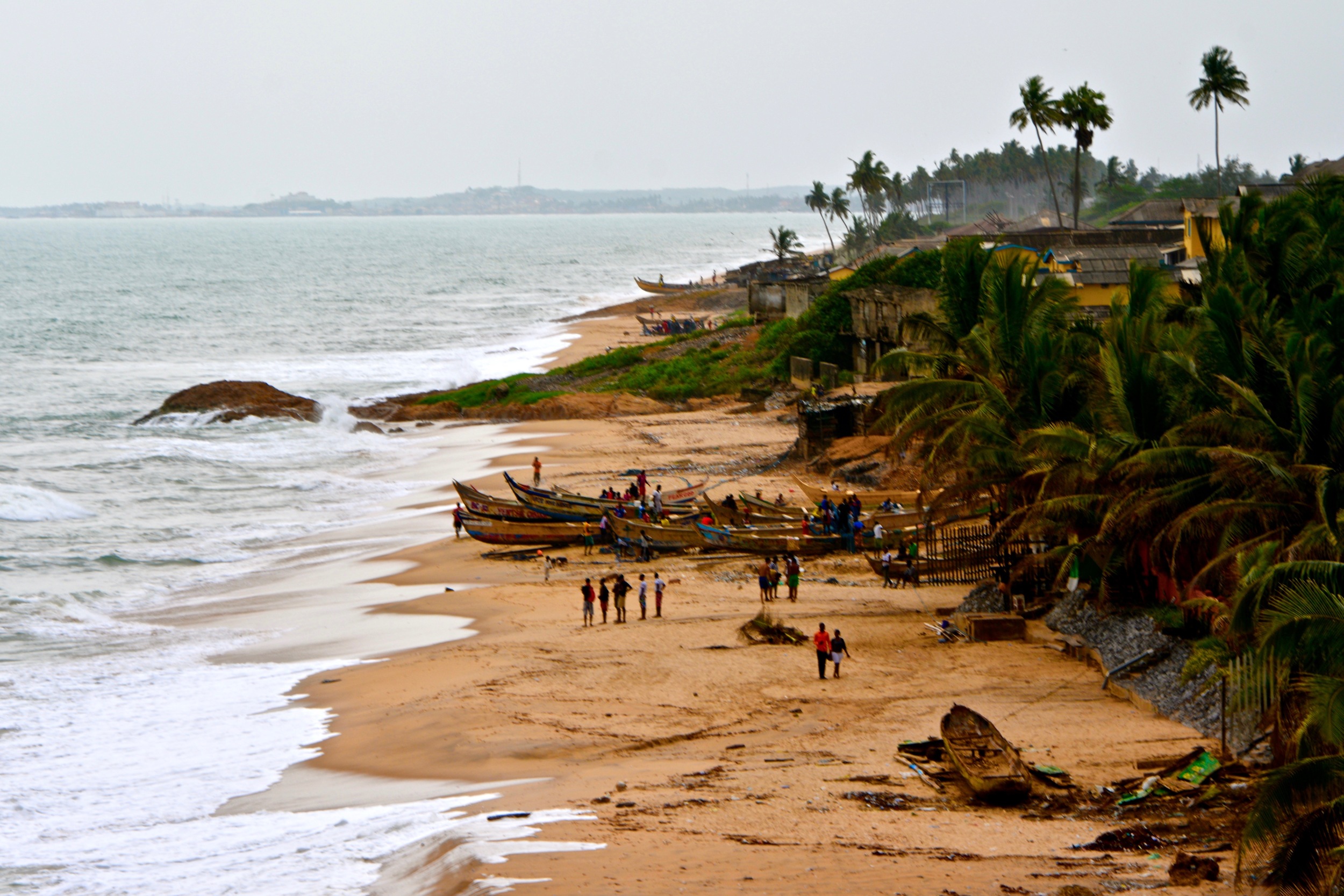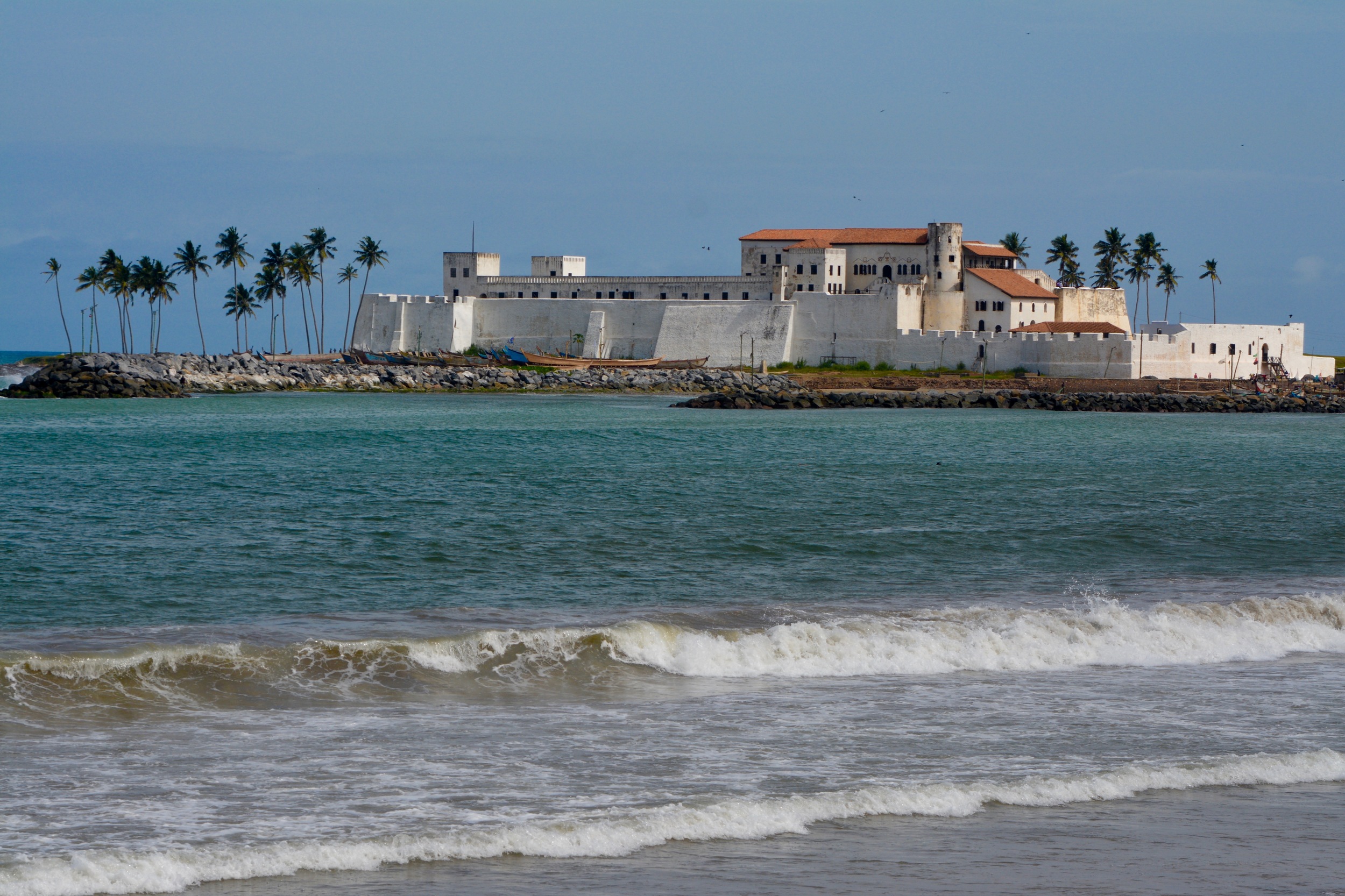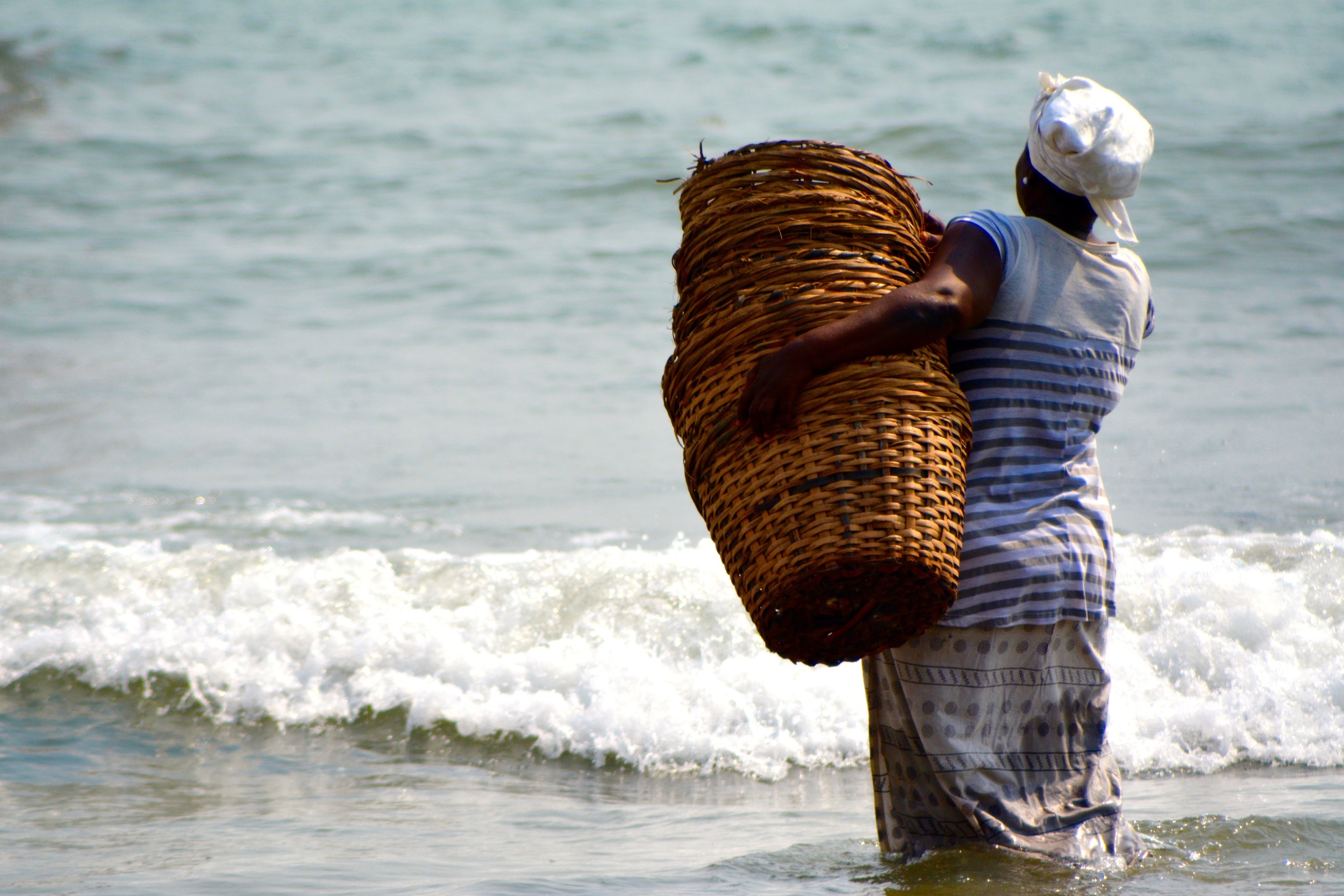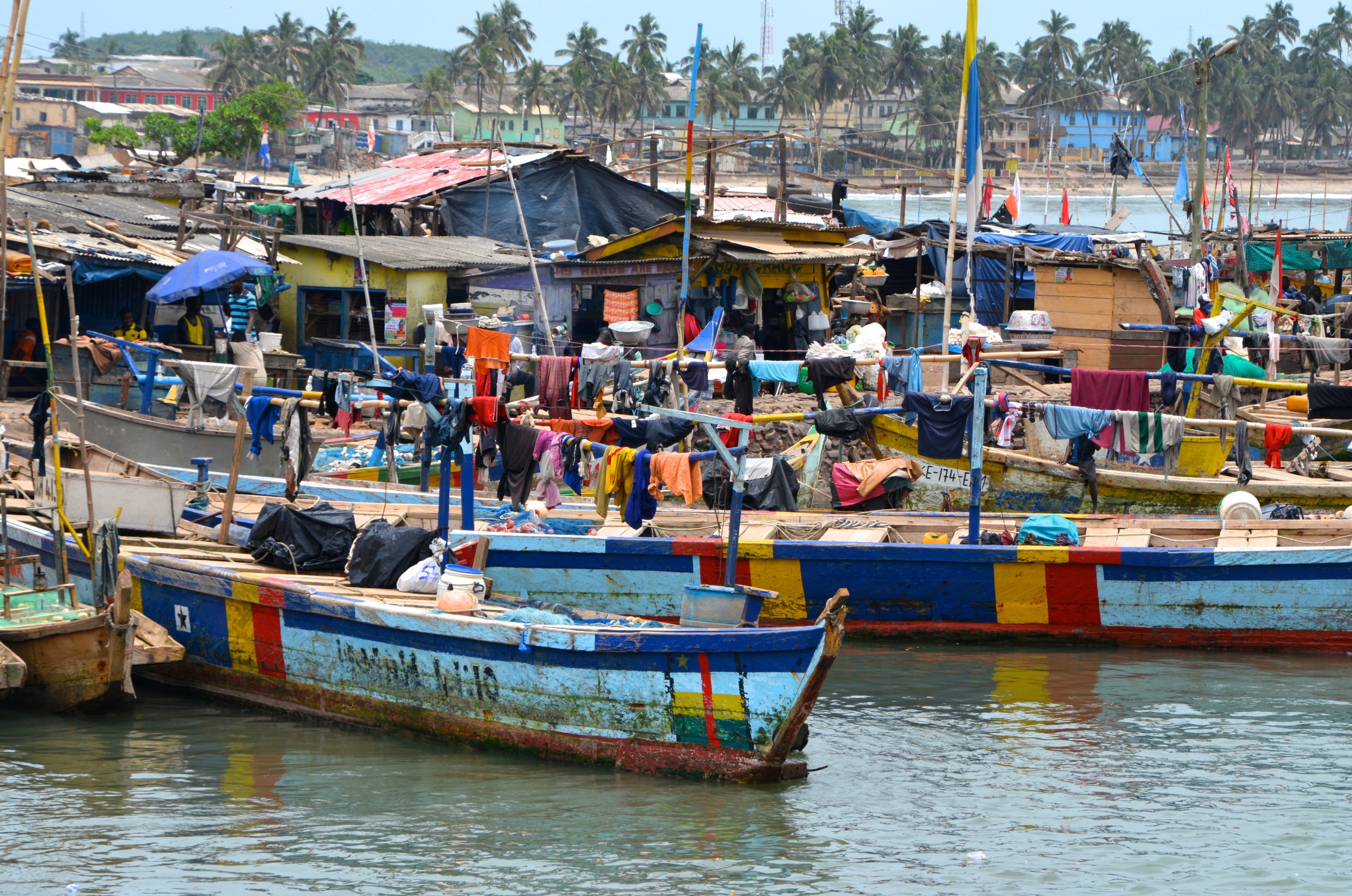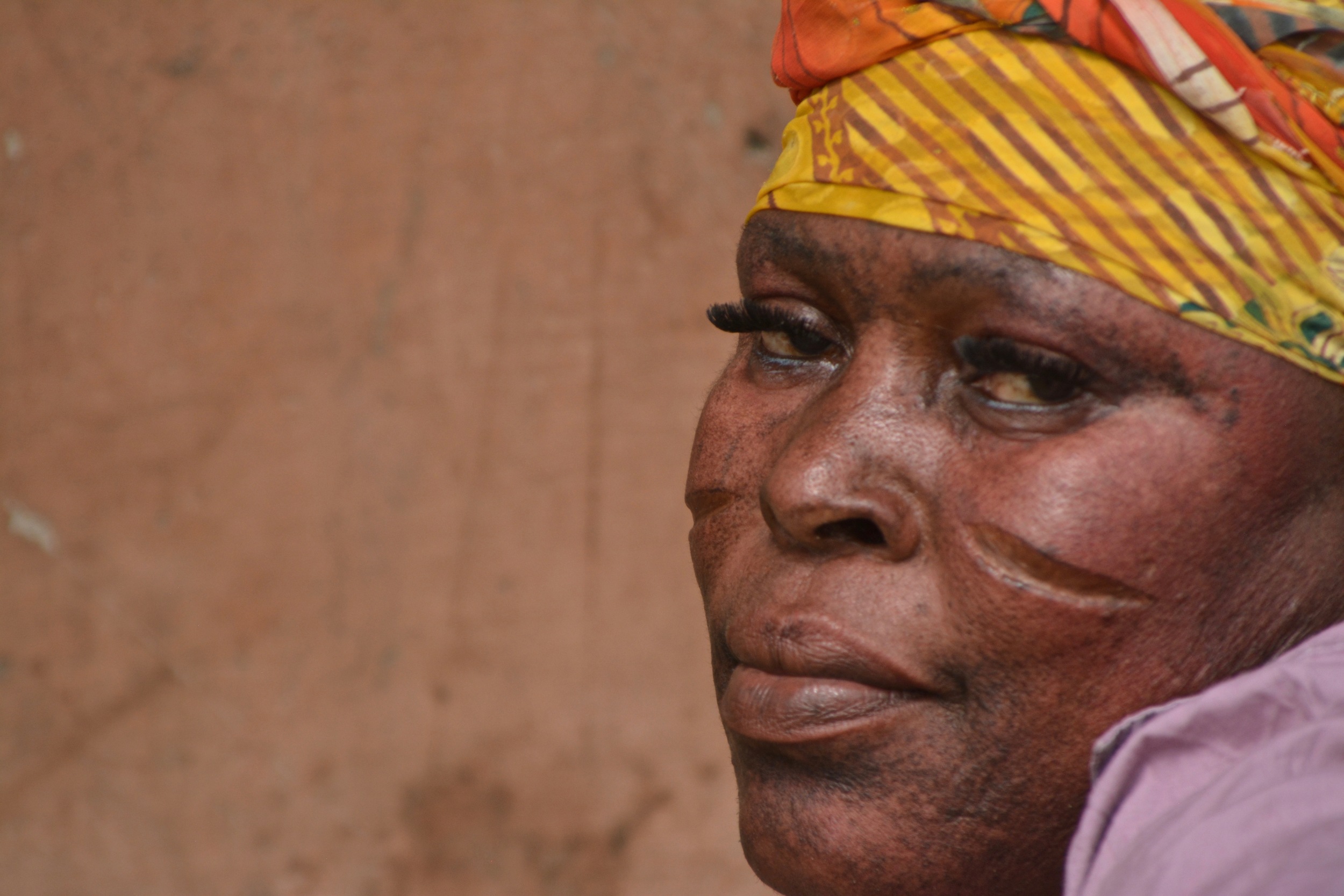Introduce yourself!
My name is Catherine and I’m a freelance photographer, wife, mother, and occasional barista. My home is in a small ski town in the Rocky Mountains. It’s a town where the items in the police blotter are more comical than criminal…a town where a bear is more likely to break into your home than a robber. I adhere to Jane Austen’s philosophy: “If adventures do not befall a lady in her own village, she must seek them abroad.”
How does photography influence the way you travel and see the world around you?
When I travel in foreign countries, another quote often comes to mind: “Photography is the only language that can be understood anywhere in the world.” As a photographer, I see the world differently when I view it through the lens of a camera. There is an inherent intimacy, a focus. It allows me to step outside of my life and into the lives of others. Like a language, my camera has allowed me to connect with people and places half a world away from home.
What sparked your trip to Ghana?
It all started with a simple question from my husband: Would you like to live in Africa for a year? Immediately, I said yes. The logistics and the location were secondary to the great, grand adventure of living half a world away. After all, it is every photographers dream to have a project in a place so different from home. I was the trailing spouse of a husband who worked for Stanford University’s SEED program, which has the mission and hope of eliminating poverty by strengthening the business environment in Africa.
What was your favorite approach to photography while in Ghana? Did you generally strike up a conversation with your subjects or just candidly capture the moment?
When we first arrived in Ghana, I was told the Ghanaians do not like their photographs taken. What? Huh? Hang on a minute. How was I possibly going to photograph in a country where I was an outsider and where they didn’t like the intrusion of a camera? While photography might be the only language understood anywhere in the world, I needed another language. I quickly learned the dominant tribal language of Twi. I didn’t always strike up a conversation before taking a picture simply because capturing a moment happens spontaneously. But more often than not, I would make a connection with the people I photographed. Ghanaians are charming and they smiled when they heard me speak their language, no matter how poorly I spoke it. It made for a fast connection and made my photography possible.
How did you navigate between each city?
I spent part of every day riding in Ghanaian taxis. Ghanaians say that even if you can’t dance, when you ride on the roads of West Africa, you can. If you have ridden on a raucous, rickety old roller coaster then you know what it is to ride in a taxi on the roads in Ghana. Getting to ride on this particular roller-coaster begins with a negotiation. No one is going anywhere until a price is settled on. Depending how hot it is outside and how quickly you need to get to an appointment, the negotiation can take a bit of time and a lot of finesse. The traffic in the capital city is a force with which to be contended. It can take hours to travel just a couple miles, especially on a Friday afternoon. Taxi drivers are fearless and the rules of the road seemingly arbitrary. But just stick out your arm with a finger pointed down at the ground, get in, and hang on tight it’s going to be a ride.
How was this travel experience different from your past trips? What surprised you the most about it?
I had never lived outside the US. Living in a place for a year is very different from visiting for a week or two. From the moment the plane landed and I disembarked, it was clear I was in a country not my own. The air was thick with heat, humidity and the possibility of malaria. The language was English, but it was foreign…heavily accented by a melodious lilt and peppered with the tribal language of Twi. Yet, what at first was so foreign, became a new normal. What I did not expect was to fall in love. It was inevitable: Ghana is intoxicating, exciting, exhausting, frustrating, and yet, oh so easy to love. I loved the warmth of the people and the life seen through my camera lens. The smell of sea salt and the flavor of spiced plantain. The sound of the Muslims prayers on Fridays and the lilt of a West African accent. I loved the street vendors and the taxi drivers. I loved the heart and soul of the indomitable Ghanaian spirit. The hope that is as thick as the humidity and as visible as the harmattan. I loved the beauty of a Ghanaian face and the hospitality that is raised in every Ghanaian child.
What were some of your experiences? Did you have any transformative moments?
While my husband worked with mid-sized African businesses, I met people and photographed throughout the city of Accra and places beyond. During one of my visits to the fishing community of Jamestown, a local man asked what I was going to bring to them. It was a fair question. I was taking photographs, what was I going to give in exchange. There is a Ghanaian proverb: “Treat your guest as a guest for two days, and on the third day give him a hoe.” I had lived in Ghana long enough: it was my time to pick up a hoe. The poverty is overwhelming, so much so that it’s easy to do nothing. But in the shadow of the Jamestown lighthouse sit two schools and it was for these two schools I began to give back. Money was raised and projects were accomplished. A new roof was put on a schoolhouse to keep students dry in the rainy season. Desks, chairs, tables, and school supplies were purchased. School uniforms were made. A headmaster received his own mobility chair. By the end of the year, people from many countries and many religions were involved: Columbians, Canadians, French, British, Lebanese, South Africans, and Americans. Mormons, Lutherans, Israeli Jews, Muslims, and Greek Orthodox. People were contributing from every corner of the world, in different languages and in different ways.
What is something you know now you wish you knew when you first traveled to Ghana?
One of the first things you notice stepping foot in Ghana is how beautifully dressed its citizens are. Gorgeously cut dresses made of colorful and patterned fabrics. Dressing up is not just for church and beige safari gear is only for the bush. The city of Accra is full of Ghanaian couture. If you want to fit in, you’re going to have to look good. When I first arrived in Ghana, I had a suitcase full of neutral colors. Big mistake. If I packed now, I’d pack almost nothing. Instead, I’d buy some Ghanaian fabric, find a tailor, and have some fun.
Travel has a tendency to look very glamorous, though that is not always the case. What type of challenges did you face and how did you overcome them?
A less glamorous moment happened to involve the police. Police asking for bribes is commonplace in Ghana and no West African experience would be complete without being asked for one. The term “have a nice weekend” is euphemism for a bribe. And my encounter with the Ghanaian police happened on a Friday afternoon, the beginning of a weekend. A friend lent me her car and driver for a short trip to the airport. So off I went in her beautiful car and with her lovely driver. I told the driver to drop me at the airport curb. Before I could exit the car, the driver was detained and the car booted. I had been dropped at the same curb in the past: why was it illegal now? The policeman pointed to a small sandwich-board sign on the sidewalk that said “no stopping.” I grudgingly paid the policeman 100 cedis and walked into the airport to wait for a friend. When we came out, both the police and the sandwich-board sign were gone. It was Friday afternoon and it was a pop-up stand of bribery. I had to smile because someone, somewhere was going to have a nice weekend.
What recommendations can you share with future travelers interested in visiting Ghana?
Visit the hauntingly majestic castles that dot the West African coastline. They are historically significant and the place millions of Africans last had foot on African soil. Castles, such as Cape Coast and Elmina, are a sobering reminder of man’s inhumanity to man. Visit the beaches outside of Accra. Beaches such as White Sands, Ankobra, and Busua beach. Eat as much jollof rice, waakye, kelewele, and goat light soup as possible. But more than anything, the best of Ghana is its citizens. Meet people wherever you go. Buy something from the street vendors on the corners. Chat with taxi drivers, village elders and urban teenagers. Talk to the shopkeepers and school principals. Have a conversation with the ladies of the Makola Market. Ghanaians are warm and welcoming. You might even receive a marriage proposal from a chocolate vendor along the way.
What would you say has been the most challenging about your experience?
Living in Ghana is a lot like Mercury in retrograde. When Mercury is in retrograde, its path across the sky is opposite to the other planets in the solar system, a phenomenon that occurs three times a year. Mercury is the messenger of Gods, so if emails go astray, flights are delayed, communication is misunderstood, and traffic is snarled, Mercury must be in retrograde. But unlike Mercury, this phenomenon occurs in Ghana 24/7 and 365. A popular euphemism is TIA. It stands for “This is Africa” and it means nothing works as expected. You flip a switch, expect light and there’s none? TIA. It takes two hours to travel three miles? TIA. You order food and 45 minutes after ordering you are told what you have ordered is no longer available and you must order again? TIA. Living in Ghana you learn many things. You learn to slow down and enjoy the moment. You learn to make do with what you have. You learn how little others have. You learn to expect the unexpected. You learn the value of patience. And you learn to thank your lucky stars when things go as planned.
Of all the images you captured, which would you say is your favorite? Why?
While its not necessarily my favorite image, it is one of my favorite encounters (see image above). As I walked along a road one day, I passed a woman sitting in the shade. She immediately captured my interest. She had tribal markings deeply etched on her cheeks. Scarification was once widely practiced in West Africa, but is now a dying tradition. Her generation is considered the last to practice the rite routinely. After I photographed her, she asked if I could bring her some lash. Huh? Lash? What was lash? She pointed to the false eyelashes she was wearing and repeated “bring me some lash.” She could have asked for anything- food, water, money, but she wanted the same thing women want all over the world. She wanted to look good with some new lash.
What is your favorite memory from your experience? Is there a particular moment you would relive if given the opportunity?
One rule for ex-pat happiness is to have something to do on Mondays. My Mondays happened to include a date with a stern, old Ghanaian gentleman at the Accra Lawn Tennis Club. The club is a remnant of the colonial days and some of the British traditions still remain. The required dress is tennis whites. While it is called a lawn tennis club, the courts are clay- red clay- the same color as the rich African soil and by the end of a match the players are covered in it. Every Monday I would meet the old gentleman out on court for our weekly match. He had spent a lifetime being a tennis-pro and it showed. If I made one bad shot he would frown and his forehead would collapse in a mass of wrinkles. He would yell words at me. They were instructions, but they weren’t always in English. Sometimes the words were Twi and I had to guess at their meaning. Our matches were hard fought and I would love to relive any of them, even the ones I lost.
What’s next for you? Do you have any final words of advice?
Wherever life takes you in this world, keep a journal. Whether that journal takes the form of posts on Instagram, a Tumblr blog, or writing in an old-fashioned, leather-bound journal, “preserve your memories, keep them well, what you forget you can never retell.” I’m not sure what the next adventure will be, but one thing is for certain: wherever I go, there will be people to meet, photographs to take, and stories to tell.
To keep up with Catherine and her travels, be sure to visit her Tumblr at catandfinch.tumblr.com and follow her @catandfinch on Instagram.
Images Courtesy of Catherine Finch
DID THIS STORY INSPIRE YOU?
If you enjoyed this piece and would like more content like this, please consider a donation to Spirited Pursuit - we'd be so grateful!


